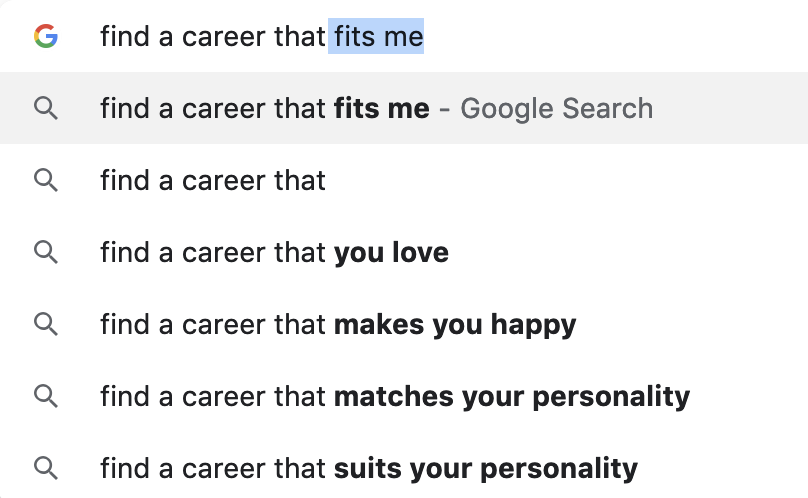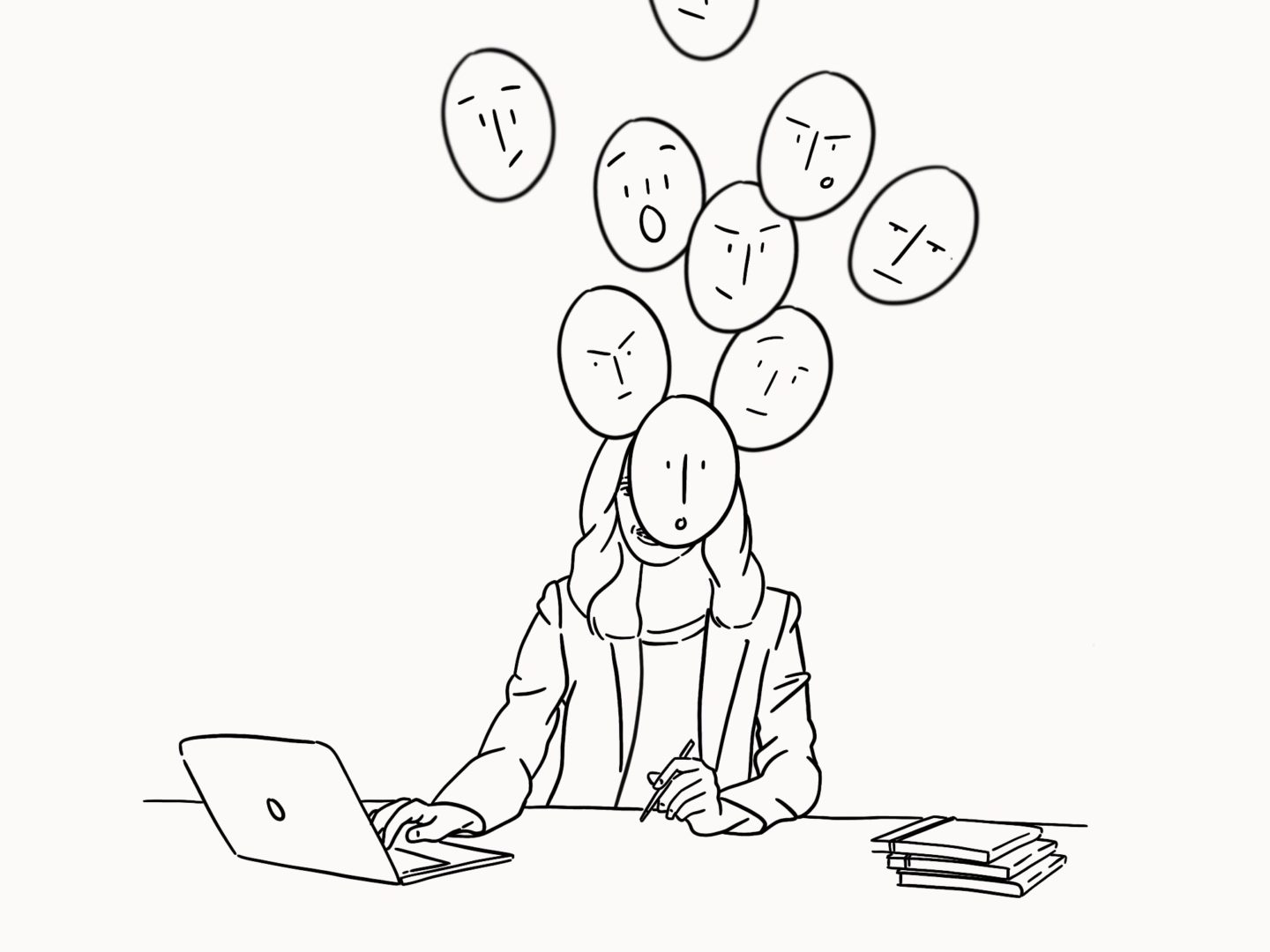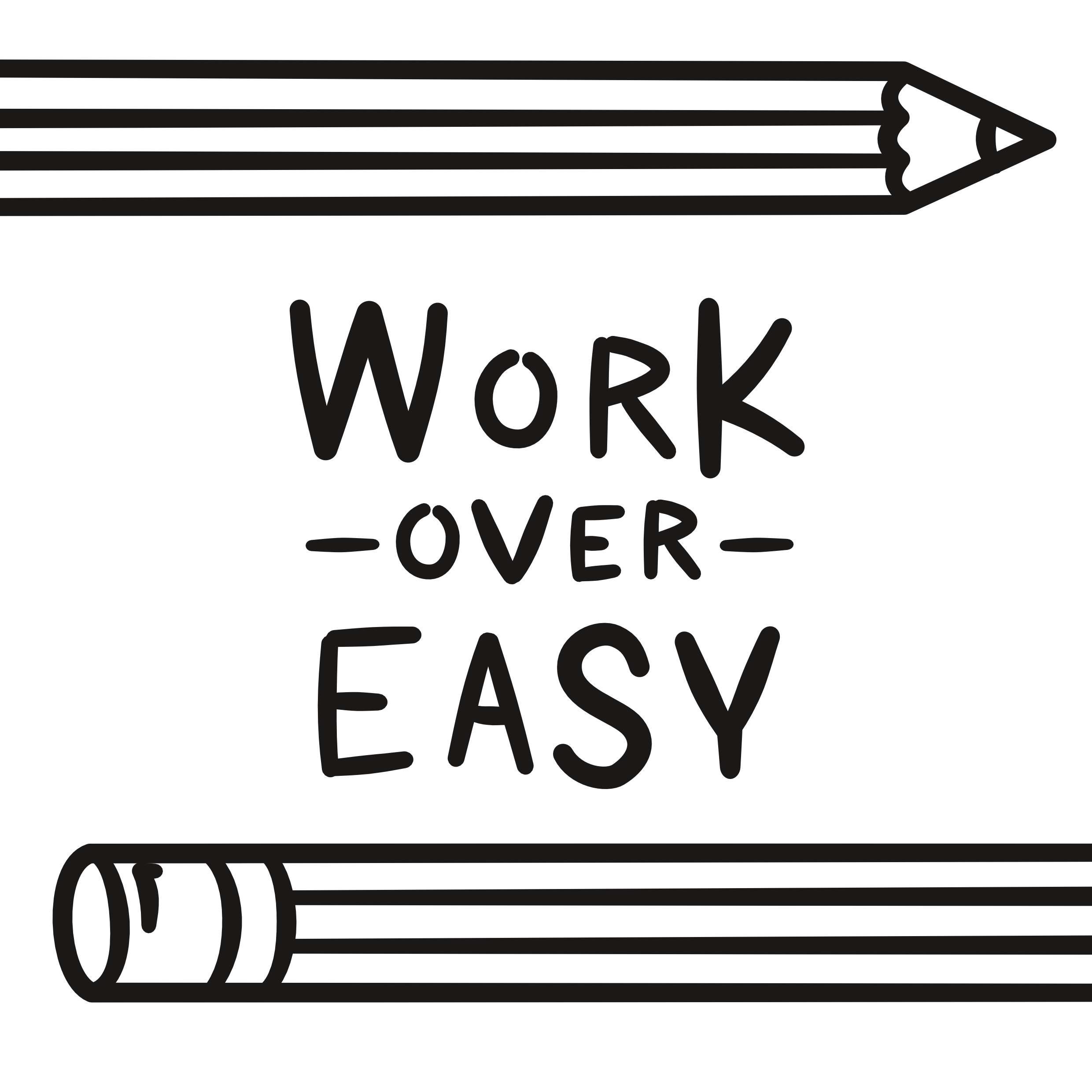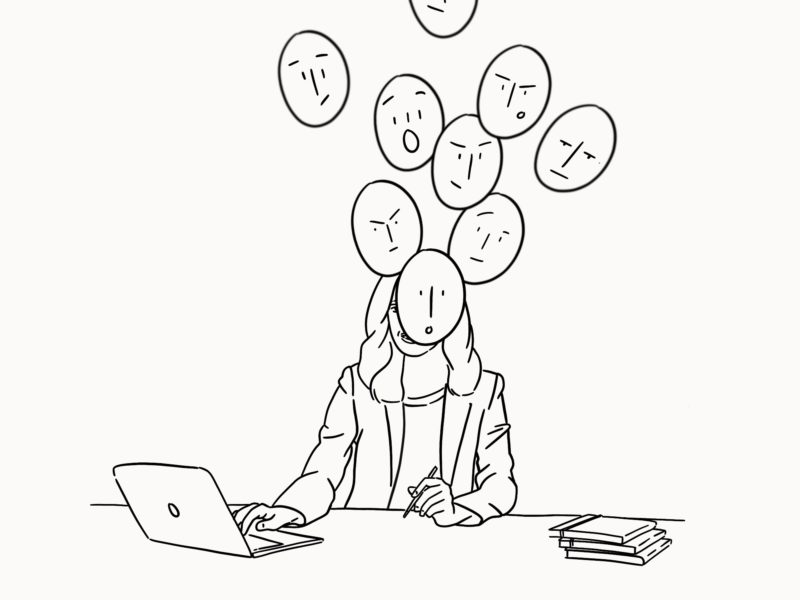I wrote in my newsletter a little while ago a mini thought piece on how we’re led to believe that to be professional is to be devoid of emotion, to be completely rational and how we’re shown offices are places not capable of containing any strong sensation, and definitely not tears. It was a few rough thoughts jotted down late on a Friday night, but it received such a strong reaction that I felt it was worth expanding upon, and shoring up with research, in a piece here.
Increasingly we’re being told that we need to find careers that fulfil our passions. Work is no longer just supposed to just be about providing the means to have a roof over your head and food on your plate. More specifically, we’re meant to find jobs that suit our specific preferences so well that can’t help but to make us happy, and there are endless guides to get us there.

That branding of the ideal job being one that makes us “happy” is the start of the limiting of emotions in the workplace. We need to be positive about our work, otherwise, foolishly and by our own volition, we’ve chosen a career that doesn’t suit us.
But even if we’ve found that one magical career that will bring us joy 40+ hours a week, often the vetting systems in place actively seek out those who can replace emotion with ‘logic’.
This vetting system is most easily seen in bids for the biggest jobs going, just think of every time the public was told a woman would be too emotional to be president or that a specific woman has modulated their emotions too hard and is thus too “cold” to wield power.
I don’t throw the term ‘toxic masculinity’ around willy nilly but this is it in action if I ever did see it. But displaying emotions at work isn’t just a women’s issue, although it is something more acutely and consciously felt by women. The idea that to be professional is to act in a masculine way and that to be masculine is to restrain one’s emotions is an issue for anyone who experiences a range emotions, which is pretty much all of us.
But we’ve gotten good at it, we’re good at balancing being just emotional enough to show we’re passionate about without being so passionate that it spills out of the prescribed shape of professional passion. In fact, many of us grew up training to do it curating our online selves to be palatable for likes, for financial gain, for potential employers to browse.

But I’m not sure this careful on stage management of our emotions in order to present as professional is good for anyone involved. As we’re asked to bring our whole selves to our jobs, to fail fast, to create personal brands outside of the office and be deeply invested in what we do inside of it, in a world where potential employers browse our social media as well as our CVs, where do we get to stop being on stage and be real? Even if that means being hurt or angry or frustrated?
I’m outwardly, usually, a very calm person but I feel, everything, very intensely. I’m learning to accept that this tendency to care isn’t a bad thing.
I care about what I do. I care about what I do during my day job. I care about what I make on an evening.
I care so much sometimes, heaven forbid, I show it.
In fact, I once even cried in the office because I cared so damn much, because what I was working on affected me. That was a personally terrifying moment, because I knew the invisible boundaries I was transgressing. While my, largely wonderful, colleagues didn’t let that specific moment phase them. I have also been asked to be cautious with the more emotional aspects of how my partner and I presented our research in the past and I’ve asked a number of times if I could “handle” my work after showing any moment of vulnerability.
A couple of months ago, after a lot of work in drafts and redrafts I lost a freelance job I was really excited about. It had felt like a perfect fit, a project I cared about in a style I loved, plus they reached out to me. But, in the end, they decided to go in a different direction. If I was being “a professional” about it all I would have just brushed it off. I would have cut my losses and been grateful for my cancellation fee. I would have rationalised their decision, leant from it, and put it into practice for the next job.
That’s not what I did because I was sad. It hurt. I was disappointed. I was frustrated.
That doesn’t make me any worse at what I do. Perhaps I shouldn’t have wallowed, but it’s part of life.
The idea that between the hours of 9 and 5 we shouldn’t feel, or show our feelings, is so bizarre. It’s genuinely mind boggling. We’re human all of the day not just when we’re at home.
But what does it mean to be emotional in a professional setting? While I without doubt stand alongside Jennifer Palmieri, the former head of communications for Hilary Clinton’s 2016 presidential campaign, in the belief that “it’s our world and we should be able to cry in it if we want to”. I want professional, and political decisions, to be made with an empathetic consideration of the facts at play. But how do we strike that new balance and importantly how do we open up our workplaces to human decision making?


